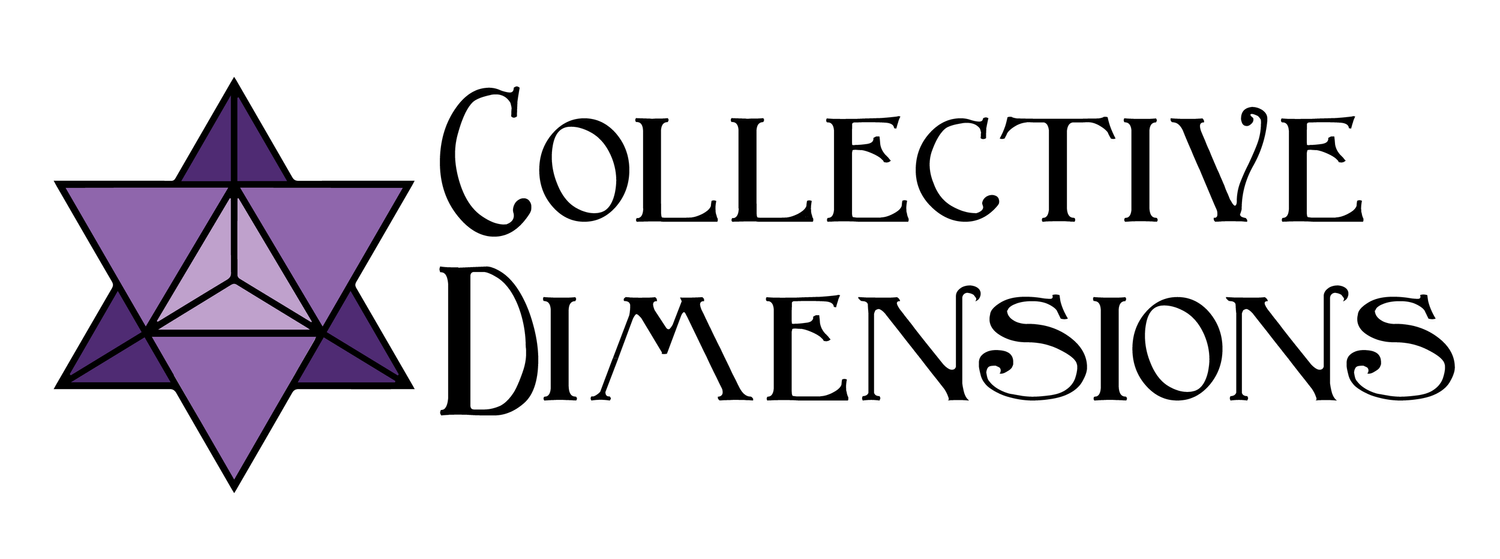Understanding Your Prakriti (Constitution) through Doshas (Elements): A Key to Ayurvedic Wellness
Ayurveda, the ancient Indian system of medicine, emphasizes personalized health. One of the core concepts in Ayurveda is Prakriti, which translates to "nature" or "original constitution." Your Prakriti is your unique mind-body constitution, determined at the time of conception and remains constant throughout your life. Understanding your Prakriti is fundamental to achieving optimal health and balance according to Ayurvedic principles.
What is Prakriti?
Prakriti is the unique combination of the three Doshas—Vata, Pitta, and Kapha—that you are born with. These Doshas are biological energies that govern all physical and mental processes. While everyone possesses all three Doshas, their proportions vary, creating individual constitutions.
Vata: Associated with movement, air, and space. It governs processes like circulation, respiration, and nerve impulses.
Pitta: Associated with transformation, fire, and water. It governs digestion, metabolism, and body temperature.
Kapha: Associated with structure, earth, and water. It governs stability, lubrication, and immunity.
Your Prakriti is the specific ratio of these Doshas that defines your inherent nature. For example, you might be Vata-Pitta, Pitta-Kapha, or have a single dominant Dosha.
The Rare Tridoshic Prakriti
While most individuals exhibit a dominance of one or two Doshas, a small percentage are born with a balanced combination of all three—a tridoshic Prakriti (Sama Prakriti). These individuals tend to exhibit a harmonious blend of Vata, Pitta, and Kapha characteristics.
They often possess excellent health, adaptability, and resilience.
Their physical and mental traits are balanced, making them less prone to specific Dosha imbalances.
However, even tridoshic individuals can experience imbalances due to external factors or lifestyle choices.
Why is Knowing Your Prakriti Important?
Understanding your Prakriti allows you to:
Personalize your diet: Ayurveda recommends specific foods and flavors that balance your dominant Doshas.
Optimize your lifestyle: Knowing your Prakriti helps you choose activities, routines, and environments that support your well-being.
Prevent imbalances: By understanding your inherent tendencies, you can take proactive steps to avoid imbalances that can lead to disease.
Enhance your mental and emotional well-being: Prakriti influences your personality, emotional responses, and mental clarity.
Increase self awareness: Understanding your Prakriti allows for a deeper understanding of your own body and mind.
How to Determine Your Prakriti
Determining your Prakriti involves observing your physical, mental, and emotional characteristics. Here's a guide to help you identify your dominant Doshas:
1. Physical Characteristics:
Vata:
Thin, light frame
Dry skin, hair, and nails
Cold hands and feet
Variable appetite and digestion
Quick movements and speech
Tendency towards constipation
Brittle and dry nails.
Dry and sparse hair.
Low tolerance to cold.
Irregular, dry bowel movements.
Pitta:
Medium build
Warm body temperature
Oily skin and hair
Sharp appetite and strong digestion
Medium strength and endurance
Tendency towards inflammation and acidity
Soft and flexible nails.
Fine and oily hair.
Moderate tolerance to cold.
Regular, loose bowel movements.
Kapha:
Heavy build
Cool, moist skin
Slow, steady movements
Strong, stable energy
Slow digestion and appetite
Tendency towards congestion and weight gain
Thick and strong nails.
Thick and lustrous hair.
High tolerance to cold.
Regular, heavy bowel movements.
2. Mental and Emotional Characteristics:
Vata:
Creative, imaginative, and enthusiastic
Quick-thinking and adaptable
Tendency towards anxiety, worry, and restlessness
Light, interrupted sleep
Quick to forget.
Worry and become fearful under stress.
Fast and changing speech.
Drawn to creativity and change.
Variable and quick emotional responses.
Variable and sporadic energy.
Pitta:
Intelligent, focused, and organized
Strong-willed and assertive
Tendency towards anger, irritability, and impatience
Sound sleep
Sharp and precise memory.
Become angry and frustrated under stress.
Sharp and direct speech.
Drawn to achievement and competition.
Intense and direct emotional responses.
Consistent and moderate energy.
Kapha:
Calm, stable, and compassionate
Patient, tolerant, and forgiving
Tendency towards attachment, lethargy, and possessiveness
Deep, prolonged sleep
Slow but lasting memory.
Become withdrawn and lethargic under stress.
Slow and methodical speech.
Drawn to stability and routine.
Steady and slow emotional responses.
Consistently stable energy.
Important Considerations:
This questionnaire is a general guide. For a more accurate assessment, consult with an Ayurvedic practitioner.
Most people have a combination of two dominant Doshas.
Your Prakriti is your inherent constitution, but your current state of imbalance (Vikriti) may differ.
It's essential to address imbalances and support your Prakriti for optimal health.
Living in Harmony with Your Prakriti
Once you understand your Prakriti, you can make lifestyle choices that support your well-being. This includes:
Diet: Consuming foods that balance your dominant Doshas.
Lifestyle: Adopting routines and activities that promote balance.
Herbal remedies: Using Ayurvedic herbs to support your constitution.
Mindfulness: Practicing meditation and yoga to cultivate mental and emotional balance.
Understanding your Prakriti is a journey of self-discovery. By embracing your unique constitution, you can unlock the secrets to optimal health and well-being according to the wisdom of Ayurveda.
Written by Dorie Wicklund
Dorie Wicklund is a multifaceted wellness practitioner and coach dedicated to cultivating consciousness in others. She has been in the wellness field for over 20 years and has a wealth of knowledge in the areas of Ayurveda, Integrative Health, herbalism, nutrition, essential oils, career and academic guidance, intuitive practices, and life and spiritual coaching. Dorie also has a deep understanding of energy healing modalities like Reiki, EFT, bio-fork tuning, meditation, and breathwork practices.

